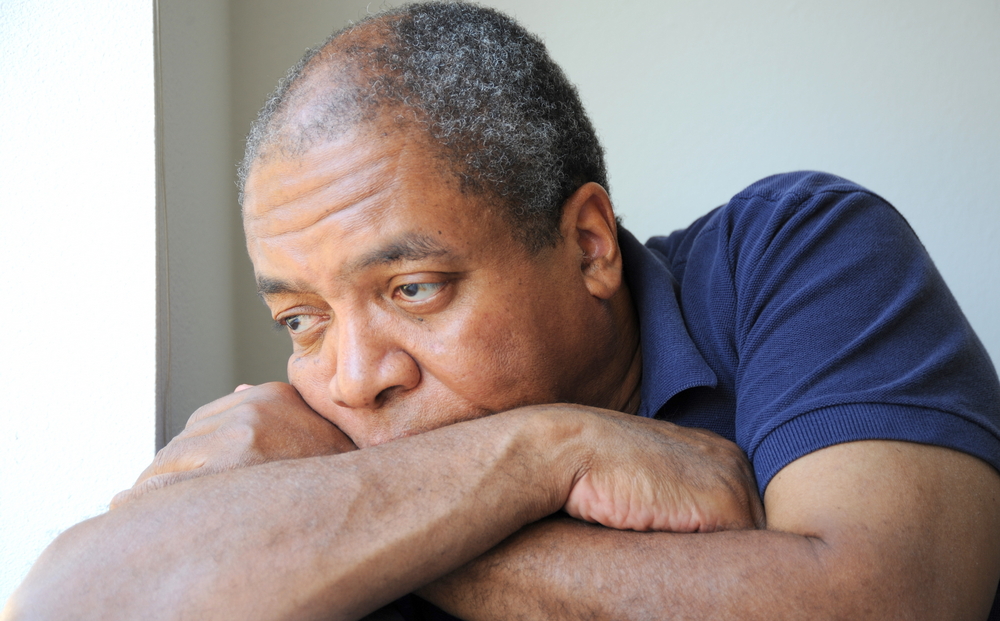Adult Failure to Thrive (AFTT): What to Know
Category:

Your parent may have stopped eating foods they enjoy, or they may have lost interest in meeting up with family and friends. Upon calling the doctor, they can’t tell what’s wrong, but they do give a diagnosis of Adult Failure to Thrive. What is Failure to Thrive in adults? What are the causes and treatment methods? In this post, we will review what you need to know about elderly failure to thrive.
What Does Failure to Thrive Mean in Adults?
The AFTT medical abbreviation stands for “Adult Failure to Thrive.” This represents a gradual decline in health without an immediate explanation. The older adult may be less interested in certain activities, lose their appetite, or have trouble with daily activities. In the next section, we’ll take a look at the signs and symptoms of failure to thrive in adults.
Failure to Thrive in Adults: Symptoms and Signs
Some signs and symptoms of adult failure to thrive are:
- Loss of appetite
- Weight loss
- Depression
- Dehydration
- Decreased physical activity
- Low cholesterol
- Loss of interest in other people and social activities
- Cognitive impairment or memory loss
- Poor immune function
- Difficulty with daily activities (e.g. preparing meals, getting in and out of bed, dressing, walking, bathing, and using the bathroom)
Next, let’s examine the causes of adult failure to thrive.
What Causes Failure to Thrive in Adults?
Some causes include:
- Social isolation or recent loss of a loved one
- Alcohol abuse and other drug abuse
- Increased need for care
- Low income
- Depression
- Dementia
- Trouble swallowing
- Chronic pain or health problems such as cancer, lung disease, diabetes, or heart failure
- Loss of vision or hearing
- Side effects from certain medicines, such as blood pressure medicine, pain medicine, or diuretics (water pills)
But what is the life expectancy for failure to thrive in elderly? We’ll take a look at that in the next section.
What is Failure to Thrive Elderly Life Expectancy?
Failure to thrive in older adults affects 5-35% of community-dwelling older adults, 25-40% of nursing home residents, and 50-60% of hospitalized veterans. One study found that the in-hospital mortality rate was 15.9%. Next, let’s look at how to diagnose failure to thrive in adults.
How Do You Diagnose Failure to Thrive in Adults?
Failure to thrive can be diagnosed through one of the following methods:
- Blood or urine tests. These can help check for infection, test liver and kidney function, and overall provide guidance on the person’s health
- Hearing and vision tests. These conditions are vital to monitor, since they can contribute to failure to thrive.
- Mental exams. This will include checking to see if the person knows their name, location and the date. These exams will also check the patient’s awareness and mood.
- Imaging tests. These can include a chest X-ray, CT, or MRI to check for tumors or infections.
Finally, let’s discuss how to treat failure to thrive in adults.
Download Our FREE Path to Care Guide
How Do You Treat Failure to Thrive in Adults?
Treatment for failure to thrive depends on the patient’s specific needs. Be sure to speak to a doctor for the best advice for treating them. Some treatment methods include:
- Offering foods they enjoy. This can include healthy snacks with nutritional value as well as foods with herbs and spices to enhance flavor.
- Drinking fluids. Help them avoid dehydration.
- Encourage socialization. This will help them feel a sense of community and decrease loneliness.
- Encourage safe physical activities. Talk to a healthcare provider about safe activities the adult can do to improve coordination and balance.
- Consider hospice care. Hospice is not only for end-of-life care. It can also be a useful tool to help older adults keep healthy and alert.
To learn more about our home care services, contact our caregiving team today at 1-800-GRISWOLD or find a Caregiver near you.
Subscribe
Date: 2024-06-26
Category:


